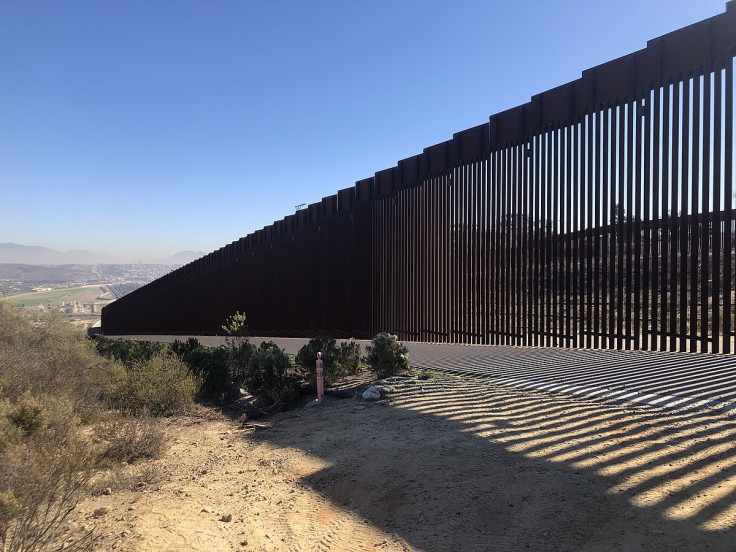
At least six migrants died late last week while attempting to enter to the United States through the southern border, The Guardian reported. They were crossing through southern Texas (more precisely El Paso) during a scorching heat wave that has been gripping the area for weeks now.
Temperatures in southern Texas reached 106 °F last Thursday (41 °C), while some 34 million people in the country were under heat alerts spanning all the way to California.
Local Border Patrol said four people who were found in the past days died as a result of "heatstroke and dehydration." At least two others were also found dead in the area days before. The people have not been identified yet.
"As temperatures soar and summer approaches, the treacherous conditions of the desert are proving increasingly dangerous," said Texas' Border Patrol in a recent statement. The El Paso sector recorder 686 deaths and disappearances last year, the highest toll ever recorded.
However, different NGOs have claimed that the government is significantly undercounting deaths. In April, Arizona-based No More Deaths published research showing two to four times as many deaths as those reported by the government in West Texas and Southern New Mexico over several years.
Among the main causes of death were dehydration or hypothermia (depending on the season), falls from mountains or the border wall, drownings, being struck by motor vehicles and injuries in the context of law-enforcement chases. This last category accounts for at least 35 deaths in the region, the report added.
Another part of the document shows that half of the deaths within El Paso city limits were a result of drowning, while more than 100 people died in the desert between Sunland Park and Hidalgo and Luna counties in New Mexico.
Shortly after, the U.S. government kicked off a campaign aimed at discouraging migrants from taking a specific, perilous route through New Mexico and Texas that is known as "the graveyard."
In this context, federal authorities have partnered with local officials and Mexican diplomats with this purpose. The campaign, called "No se arriesgue" (Don't risk it) is running public service announcements online and engaging the Spanish-speaking community.
As well as the campaign, Border Patrol is trying to reduce fatalities by placing emergency beacons in the desert, which include geolocators and instructions to deal 911 when lost. Smugglers, however, have been telling migrants not to contact authorities because they will be deported.
Advocates for migrants have warned that, despite the government's intentions, the newly-implemented crackdown on asylum-seeking by the Biden administration could lead migrants to take more perilous routes as their chances of deportation will increase if apprehended by Border Patrol.
Department of Homeland Security Secretary Alejandro Mayorkas, on his end, defended the decision, saying the goal is increasing incentives for migrants to immigrate through legal means.
Speaking to ABC News, Mayorkas said "our intent is to really change the risk calculus of individuals before they leave their countries of origin," as well as incentivizing them to "use lawful pathways that we have made available to them and keep them out of the hands of exploitative smugglers."
© 2025 Latin Times. All rights reserved. Do not reproduce without permission.





